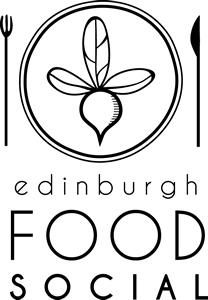Edinburgh Food Social was recently invited by the Our Seas Coalition to Coastal Testimonies. This wonderful exhibition presents powerful testimonies and photographic portraits that capture diverse perspectives from people living and working in coastal Scottish communities. The exhibition, along with the passionate individuals who spoke during the evening, amplified often underrepresented voices that are part of a vital, ongoing conversation about the sustainable sourcing of food from our Scottish waters.

The Coastal Testimonies exhibition.
We had the opportunity to meet people with diverse backgrounds from Scotland’s many marine regions, including scallop divers, sea anglers, politicians, scientists, community representatives, and artists. Having the chance to speak to several producers, and hearing their concerns about the health of our marine environments first hand, once again highlighted to us at EFS the need to speak about where our food comes from.
Working and living in the urban landscape, it is easy to overlook seafood. It is much more straightforward to think about where our vegetables are grown and the origins of our lamb or beef when we pass by farms regularly and see their direct connection to the land that surrounds our city. Even though the sea is on Edinburgh’s doorstep, its presence is felt much less keenly.

Fish served on a plate.
Of course, we have just as large a responsibility to sustainably source food from the coastline and sea as we do when sourcing it from the land. By buying local, seasonal seafood, choosing line-caught fish, and avoiding the consumption of overfished or endangered species, we can contribute to a secure future for the Scottish fishing industry and our environment.
Although it might seem like a daunting task, there are several ways to ensure you are buying sustainable seafood. A good place to start, and the easiest things to look out for, are credible eco-labels such as the Marine Stewardship Council (MSC) label for wild caught seafood. Another useful tool we’ve discovered is the Good Fish Guide from the Marine Conservation Society’s website. The guide uses a simple traffic light system to show the environmental impact of buying a particular type of seafood. This makes it easier for customers to decide what to buy and what to avoid.
Another simple – and exciting – way to enjoy seafood more sustainably is to include a wide variety of fish and shellfish in our diets. Diversifying what we eat helps to maintain fish stocks and protects overfished species from further exploitation.

Fish being cured with salt.
Like all issues concerning our food system, there is no simplistic way to ensure our seafood consumption is entirely sustainable, but taking steps in the right direction is important. In this spirit we think it is important to state that Coastal Testimonies has renewed EFS’ commitment to sourcing these ingredients sustainably for our catering and encouraging others to do the same through our cookery classes and demonstrations.
Thankfully, Edinburgh has a long history of seafood consumption for us to draw on. The city’s shoreline was once packed with oyster beds, and the shells were so plentiful that they were even used as a building material in the city. That being said, many of the young people Edinburgh Food Social works with have not had the opportunity to enjoy Scottish seafood. We aim to provide young people with this opportunity by teaching them how to handle, butcher and cook a variety of seafood, including everything from sea trout to squid. We have even shared information on how to cure fish and are looking into running sessions focused on the benefits of seaweed.

Two young people holding a sea trout.
After attending Coastal Testimonies, we are now more committed than ever to help others learn about sustainable Scottish seafood. If you would like to help us spread the word then please consider donating to our organisation or following us on Instagram, Facebook, LinkedIn and Bluesky.



